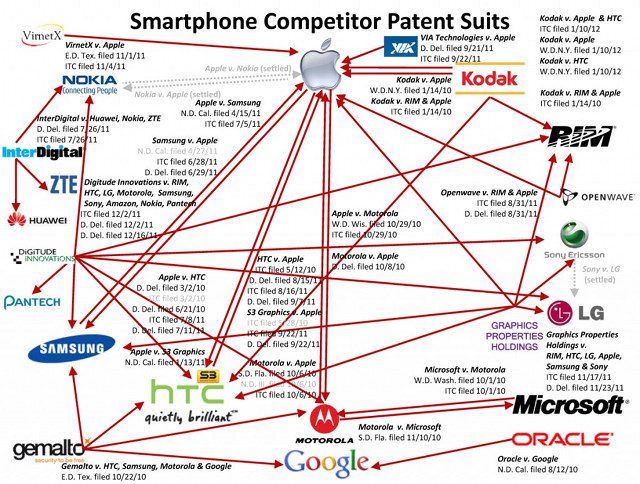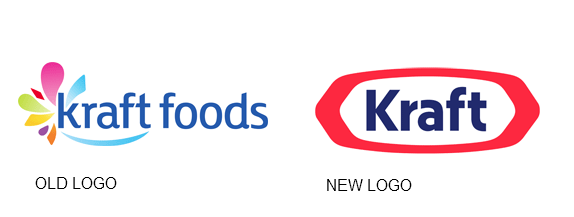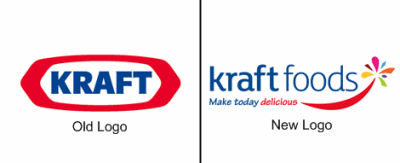 Just yesterday, I published a post here on the Corporate Eye blog about predictions related to Twitter ad spending over the next year. In that post, I wrote the following:
Just yesterday, I published a post here on the Corporate Eye blog about predictions related to Twitter ad spending over the next year. In that post, I wrote the following:
“Twitter’s recent focus on tightening the reins on third-party apps and acquiring popular properties like TweetDeck are an indication that Twitter is actively looking for ways to monetize the site beyond the standard timeline interruptions. These steps are also likely to provide even more demographic and behavioral data about users, which can boost ad targeting and returns for advertisers.”
Today, I want to dive a bit deeper into the future of the Twitter brand given its recent focus on third-party apps and Twitter’s acquisition of TweetDeck.
There are a number of reasons why increasing restrictions and control related to third-party app development are important to the Twitter company and brand. Those are the same reasons why Twitter purchased TweetDeck for a rumored $50 million (for now the TweetDeck team will stay unchanged in its London location). Remember, this is a business. At the end of the day, it all comes down to sustaining and growing the business over the long-term, and that depends on money.
So what does the TweetDeck acquisition by Twitter really mean? Here it is in five simple bullet points:
- Twitter needs to continue to find ways to monetize the site above and beyond the advertising currently allowed. TweetDeck offers such an opportunity.
- Twitter needs to have more control over its users’ actual usage, demographic and behavioral information. TweetDeck users don’t have to visit Twitter.com at all, which means their data is out of Twitter’s reach.
- Twitter needs to have access to more of its users’ daily Twitter-related activities. Again, TweetDeck users don’t visit Twitter.com, which is a big missing link for Twitter in terms of marketing, audience segmentation, advertising sales, and more, particularly since many TweetDeck users are considered to be power Twitter users (i.e., the most active and influential Twitter users).
- Twitter needs to keep third-party apps that keep users from actually visiting Twitter out of the hands of potential competitors. In the case of the TweetDeck acquisition, that potential competitive threat was UberMedia, a company that develops third-party Twitter apps and services.
- The Twitter brand needs consistency across user experiences. Acquiring TweetDeck is a step in the right direction toward developing a more consistent brand perception across touch points.
What do you think? Will Twitter’s strategy work in the long-term? It seems to me that they’re moving in the right direction, but with the fast-changing web audience, it’s hard to predict if their efforts will work. Leave a comment and share your thoughts about the future of Twitter and the Twitter brand strategy.
Image: TweetDeck.com
 What do media, publishing, and marketing executives think about the world of online advertising in 2013? What are the biggest opportunities and challenges?
What do media, publishing, and marketing executives think about the world of online advertising in 2013? What are the biggest opportunities and challenges?
 I’m still holding out hope for Yahoo! I want this brand to find its way and live a long life. However, this brand continues to struggle and recent
I’m still holding out hope for Yahoo! I want this brand to find its way and live a long life. However, this brand continues to struggle and recent  According to the
According to the 
